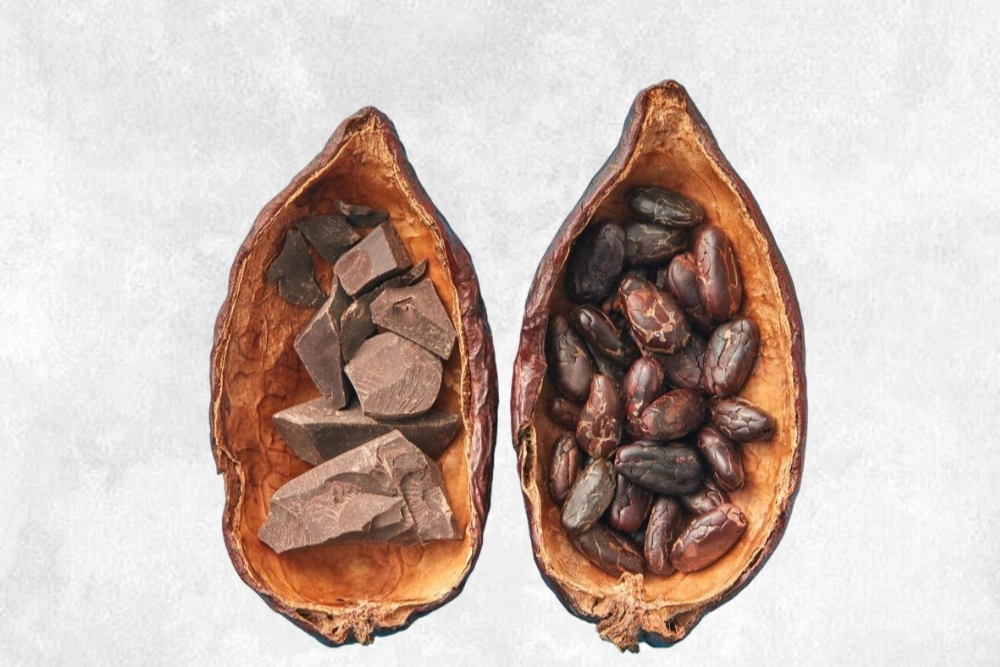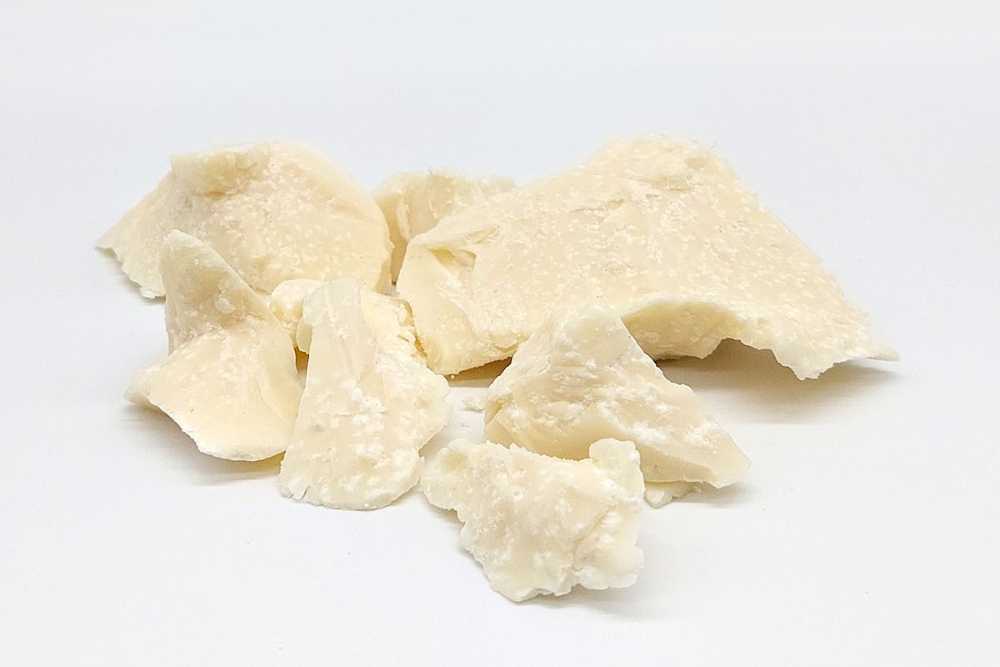Introduction
Systemic inflammation and gut health are critical to overall well-being, and recent studies highlight the influential role of flavonoids in cocoa powder in addressing these issues. Flavonoids, natural compounds with potent anti-inflammatory and antioxidant properties, interact dynamically with the gut microbiome to regulate immune responses and mitigate inflammation. Understanding these molecular mechanisms is essential for developing innovative, sustainable food products that meet the highest standards of quality and efficacy. This article delves into the intricate interactions between cocoa powder flavonoids, the gut microbiome, and systemic inflammation, offering actionable insights for industry professionals and researchers. Cocoa and Its Impact on Health are profound, and understanding how these compounds work can lead to the creation of healthier food products. Additionally, exploring Cocoa and Its Impact on Health is crucial for advancing research and innovation in the food and wellness industries. Discover how cocoa’s flavonoids shape health outcomes and their potential for future advancements.

Molecular Mechanisms of Cocoa Flavonoids in Gut Microbiome Regulation
The gut microbiome, a complex ecosystem of microorganisms, plays a crucial role in digestion, immunity, and overall health. Cocoa flavonoids, such as epicatechin and catechin, serve as prebiotics, promoting the growth of beneficial bacteria like Lactobacillus and Bifidobacterium. These interactions enhance the production of short-chain fatty acids (SCFAs), which are vital for maintaining intestinal integrity and modulating inflammatory pathways.
Key Processes
– Microbial Diversity: Flavonoids increase microbial diversity, crucial for resilience against infections and metabolic disorders.
– SCFA Production: Enhanced production of SCFAs reduces gut permeability and inflammation.
– Immune Modulation: Flavonoids influence the gut-immune axis, reducing pro-inflammatory cytokines like IL-6 and TNF-alpha.
Impact on Systemic Inflammation
Benefits in Practice
– Cardiovascular Health: Improved endothelial function and reduced arterial stiffness.
– Metabolic Regulation: Enhanced insulin sensitivity and lipid profile management.
– Cognitive Function: Reduced neuroinflammation for better brain health.

For more information about Barry Callebaut cocoa powder, click here.
Applications and Future Opportunities
The insights into cocoa flavonoids’ mechanisms pave the way for innovative applications in the food industry. Functional foods enriched with cocoa flavonoids can cater to consumer demands for health-focused products. Additionally, these compounds align with sustainability goals by offering plant-based solutions for systemic health improvement.
Industry Implications
– Product Development: Designing high-quality, flavonoid-rich cocoa products for targeted health benefits.
– Research Opportunities: Expanding studies on flavonoid bioavailability and synergistic effects with other nutrients.
– Sustainability: Leveraging flavonoids in sustainable food formulations to reduce environmental impact.

Conclusion
Cocoa powder flavonoids represent a promising avenue for addressing systemic inflammation and promoting gut health. Their ability to regulate the gut microbiome and modulate inflammatory pathways underscores their significance in innovative, high-quality food product development. By harnessing these natural compounds, the food industry can lead the way in health-focused innovation, sustainability, and excellence. Explore Cocoa and Its Impact on Health, and discover how these powerful flavonoids are transforming the future of functional foods and wellness.





